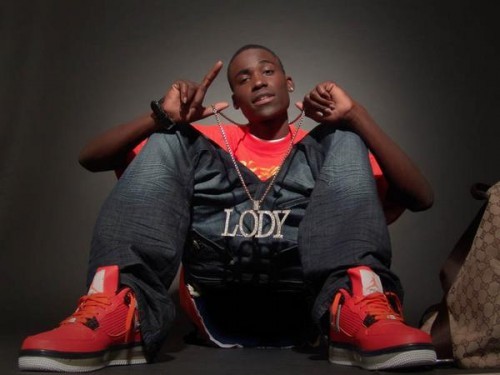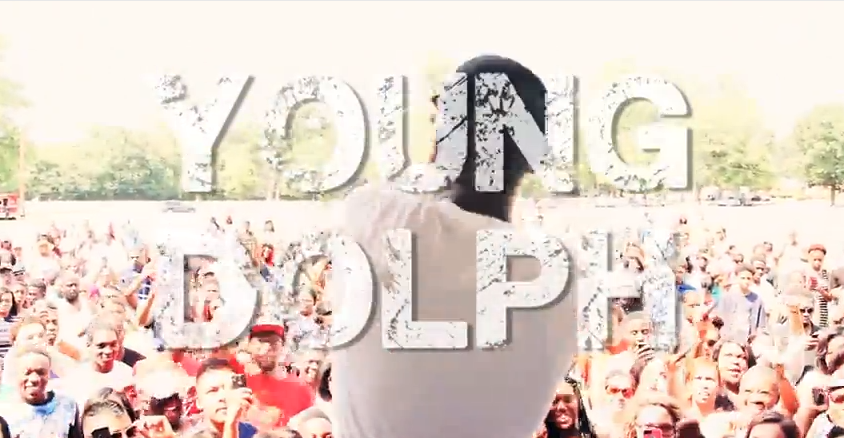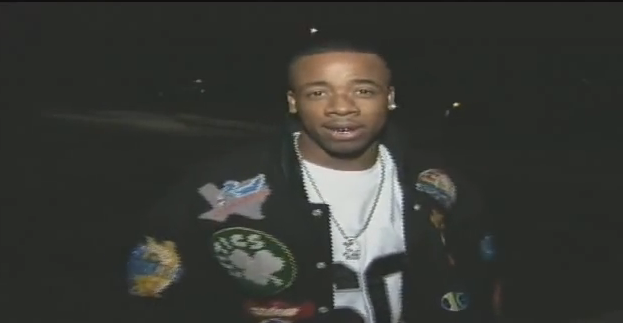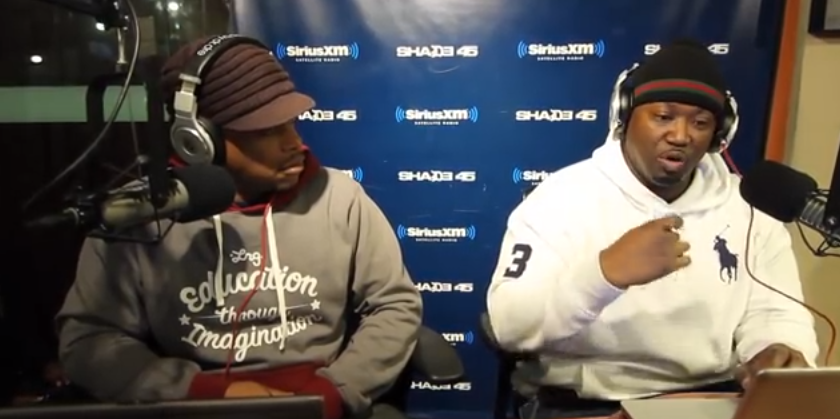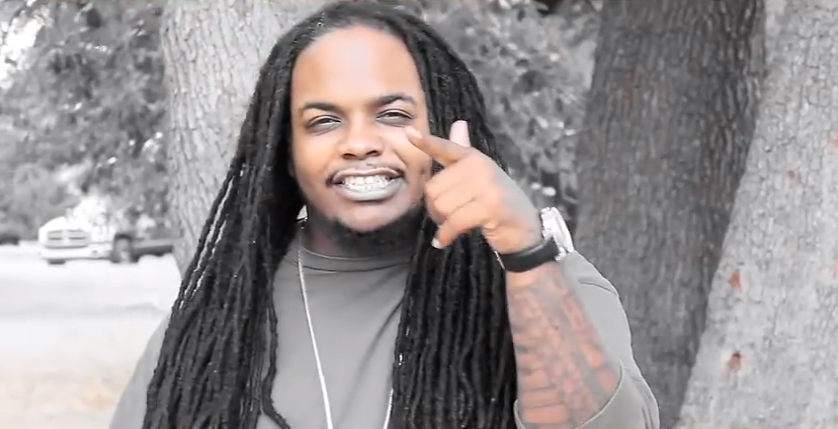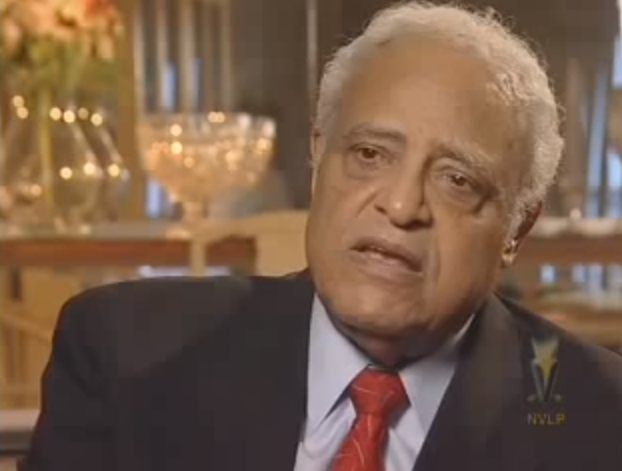
One of Memphis rap’s most iconic figures, DJ Squeeky talked with me back in 2012 about his indelible contributions to the city’s music scene. He also opened up about his past issues with DJ Paul and Juicy J, revealed the equipment responsible for his subwoofer-satisfying production, and shared some advice for up-and-coming artists and producers.
The interview can be read in its entirety here. Below are several excerpts from our conversation.
How did you get into music?
I have a lot of family members that go to church. Some sing. Some play instruments. I used to play drums at my church, so that really gave me a lot of good interest for the music game. Everyone was a fan of music back then. Either you were rapping or you were beat-boxing or you were DJing. You were doing some form of hip-hop. I started off being a DJ, but being a fan of hip-hop, I didn’t just want to play the music. I wanted to be involved with making the music.
What inspired you to primarily focus on the production aspect of hip-hop?
I think production came when I started doing mixtapes. I was DJing at the clubs but I wanted to start doing the mixtapes, too. I really got inspired by DJ Spanish Fly (legendary Memphis DJ and rapper). He used to be on the radio at 12. Club Expo. If you were a young cat, you were waiting to hear the Spanish Fly mix. You knew it was fixing to go down. I used to be like, ‘I want to do that too.’ I was still more curious with producing, because everybody was involved with the rapping part. [That’s] what everybody got into, but you had to have music to rap.
How old were you when you first started producing? And who were some of the first artists you produced for?
I was probably about 15 [or] 16 years old. I did some work with 8ball & MJG, Criminal Manne, Project Playaz and Tom Skeemask. We all kinda grew up together in the same neighborhood. My house was the place that we came and put it down at. I had [Kingpin] Skinny Pimp, Al Kapone. Anybody that had a little name back then was at my house.
I noticed you haven’t done a collaboration with Three 6 Mafia. Why was this? Were you guys in competition with each other?
It really wasn’t a competition, it was an issue with them re-making my music. They were really on the ‘stealing people’s music thing back then.’ Their whole style, their beats, hooks, everything were based on shit I did. All the hooks that you heard from them [earlier on] were samples they took off my mixtapes. They were making their own songs off them. That’s how they got started.
Did that cause an issue between you guys?
I had a real big problem with it back then. I felt like, I’m just a dude over here in the ‘hood trying to do my own thing with my music, and I see another guy trying to jump in on what I’m doing, sample what I’m doing, and steal the style of what I’m doing. Then you want to make beats like I’m making and everything. It was like they weren’t sticking to their own shit, which is what they should’ve been sticking to instead of trying to be a DJ Squeeky fan. I know they couldn’t help but be a DJ Squeeky fan, because I was the only thing around back then. But the thing about it was instead of sampling me, [they] should have been apart of what I was doing.
Are you referring to DJ Paul and Juicy J in particular?
I’m referring to both of them. I just look at them like they took what another man worked hard on doing. You want to be like him. You want to sound like him. You want to work your music like he works his music. And try to be me. Every album by Three 6 Mafia that’s came out to date got some DJ Squeeky on it. It’s got a DJ Squeeky hook, a DJ Squeeky sample, a DJ Squeeky beat pattern. It’s got something on that record concerning me.
Would you say that you helped establish the early Memphis sound production-wise?
Fasho, I did. Back then, everybody was doing it, but I took it to the streets. I was doing the mixtapes, putting them in the stores. Nobody was putting rap mixtapes into stores. Everybody was trying to get into record stores. I was going to Mr. Z’s, the stereo shops, and all that.
What are some of the machines that you use to produce?
I’ve used the SP-1200 [drum machine]. I had a Boss Dr-660. I had an old Roland keyboard before Mini came out. My music back then was more like a sample thing. I was sampling things that I heard and was putting beats to it. I’m still using the drum machine to make beats. The MPC-3000. I’ve been dealing with Fruity Loops too.
What advice would you give for up and coming artists and producers?
All I can tell you is that you’ve got to believe in what you’re doing, and the best thing that you can do is to try to keep loyalty with the people that you’re dealing with. It’s hard trying to keep people in a group or a situation when you’re trying to make a dream come true. You have to really be focused on what you’re doing. I’ve had a lot different distractions from people who just tried to get me out of my direction in life. You just have to stay focused. If you don’t believe in yourself, nobody’s going to believe in you.
Check out my website
Follow me on Twitter
Friend me on Facebook

